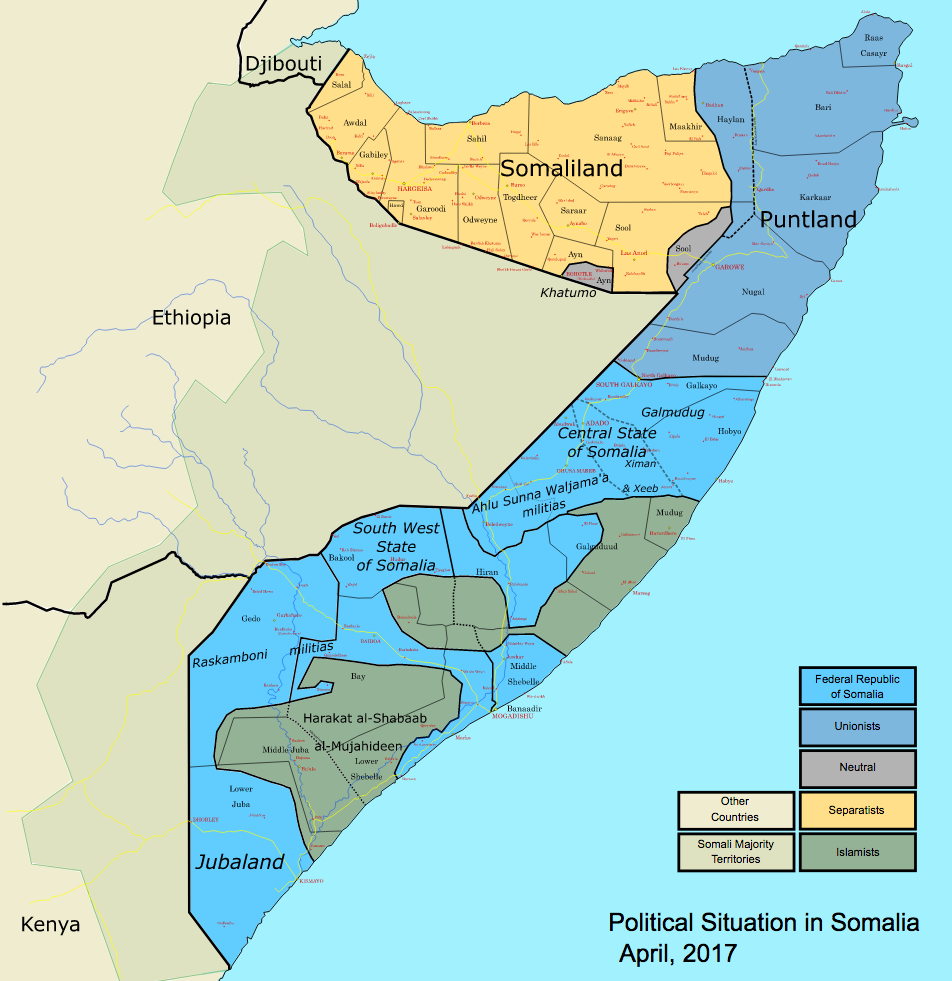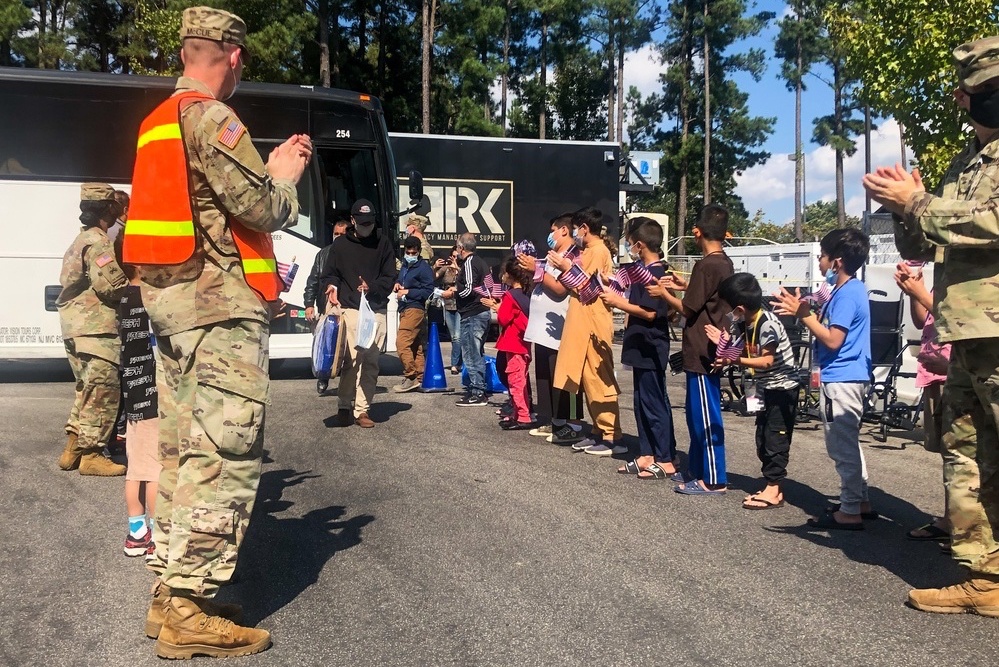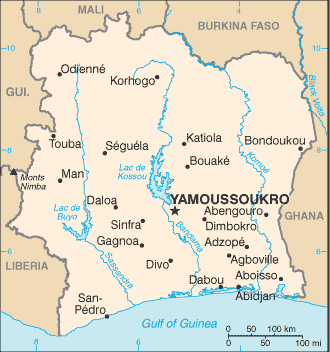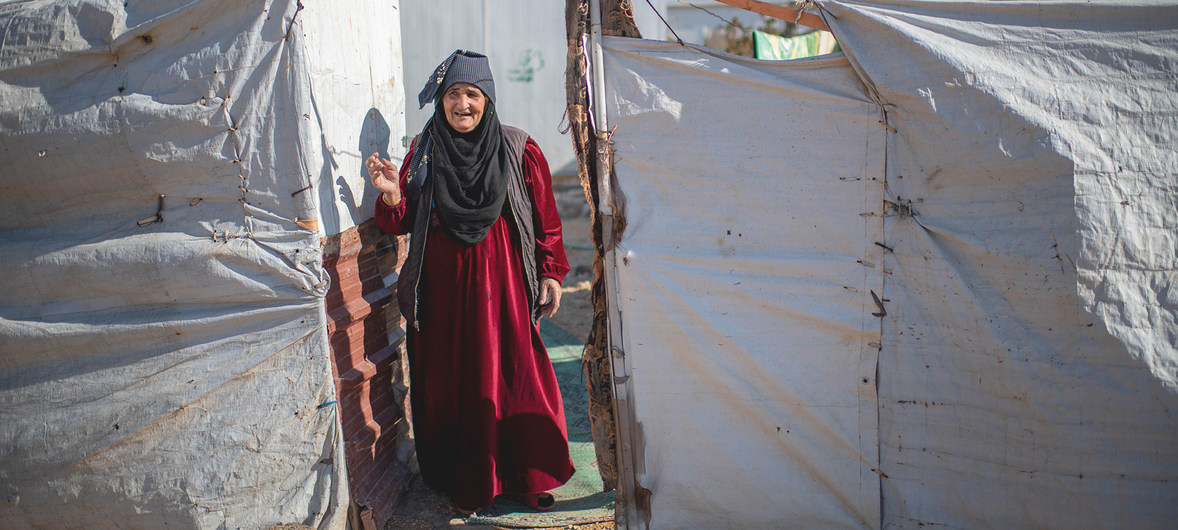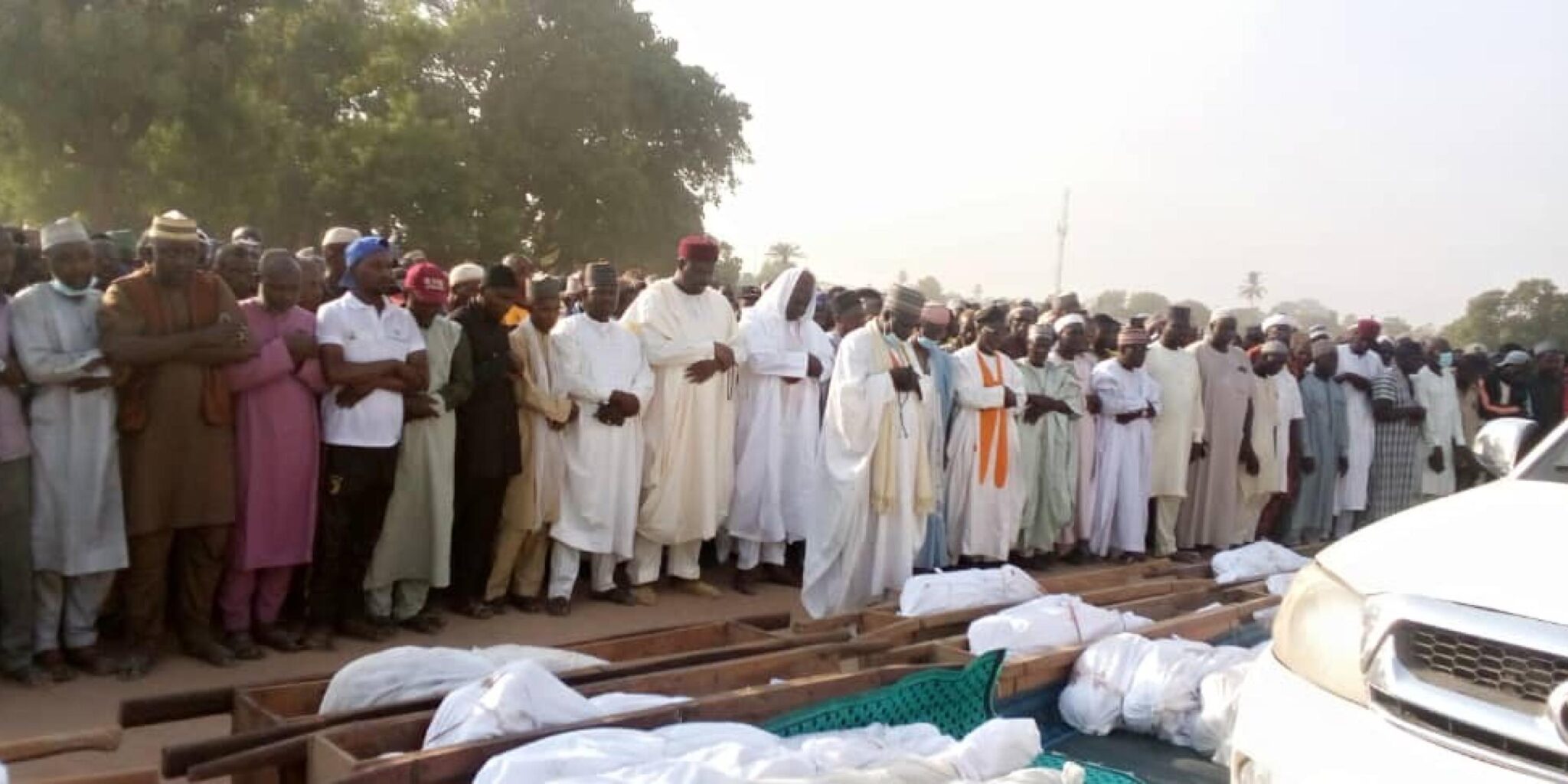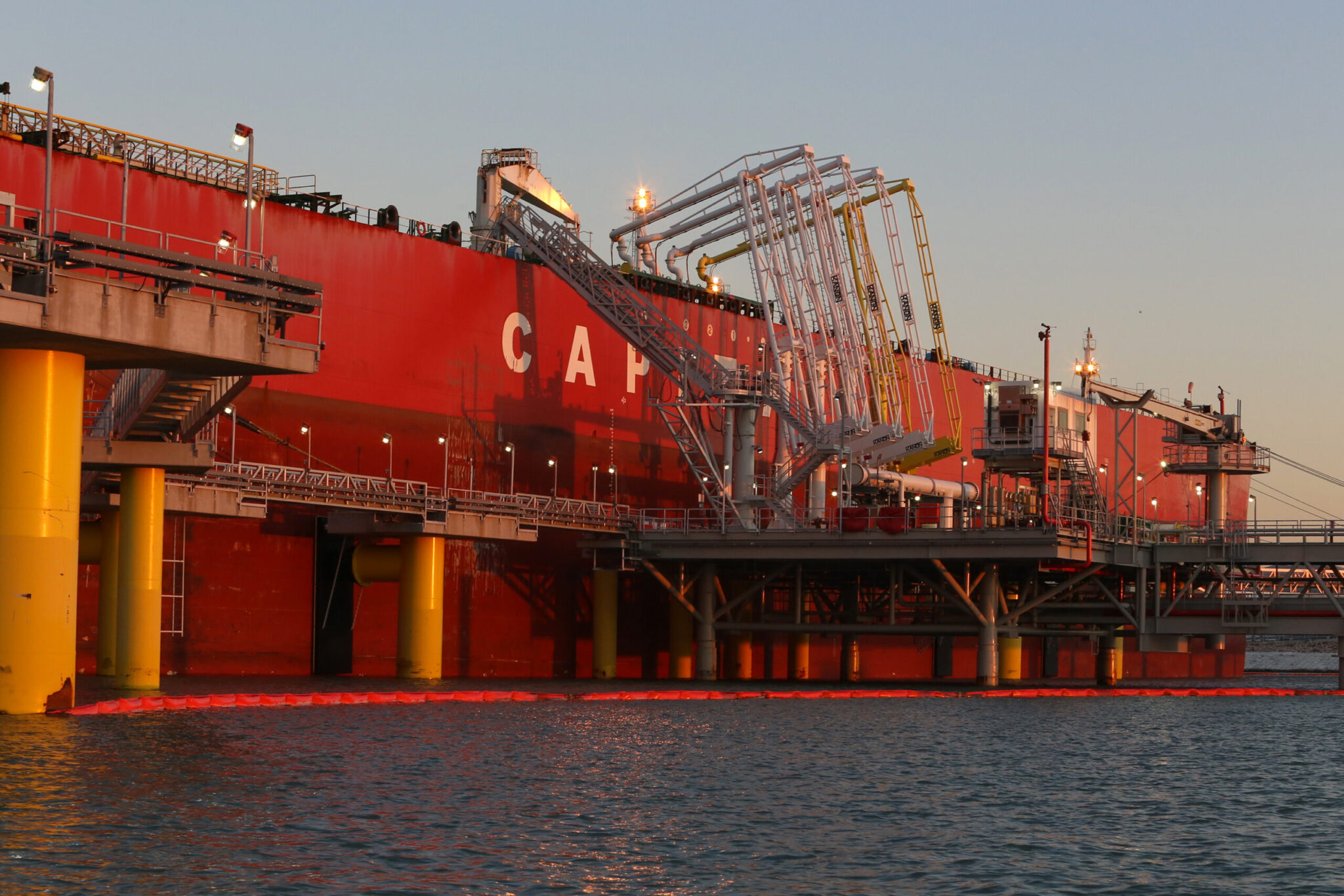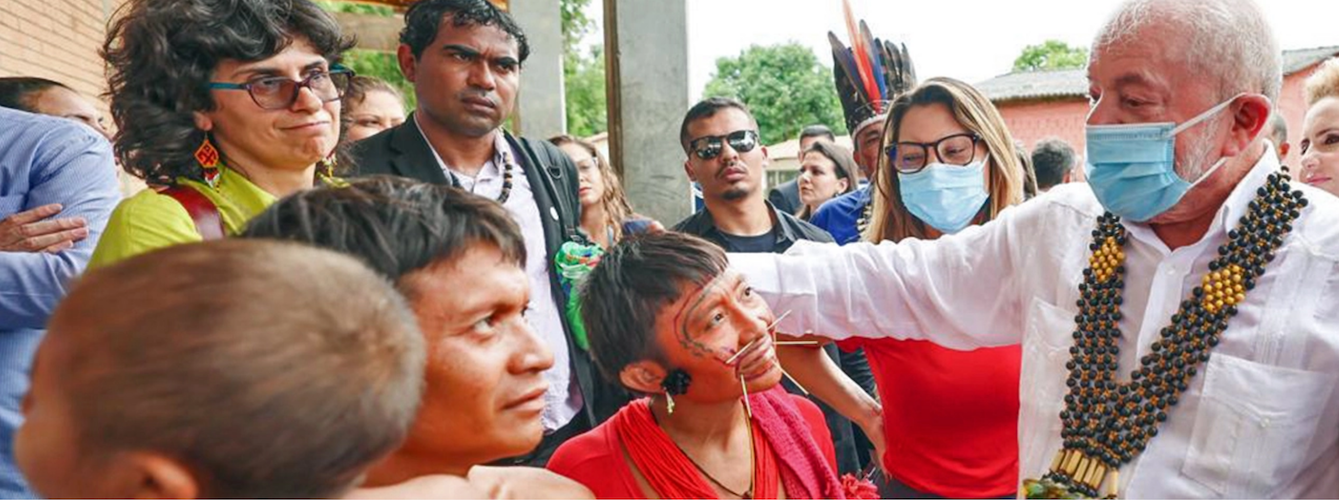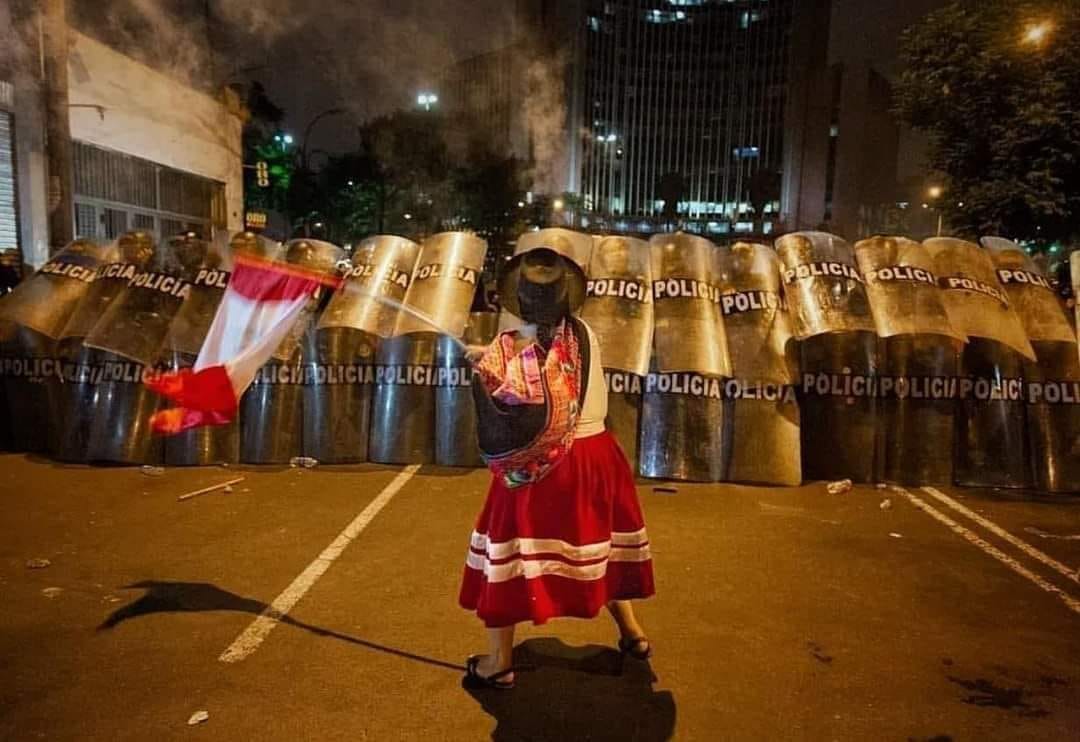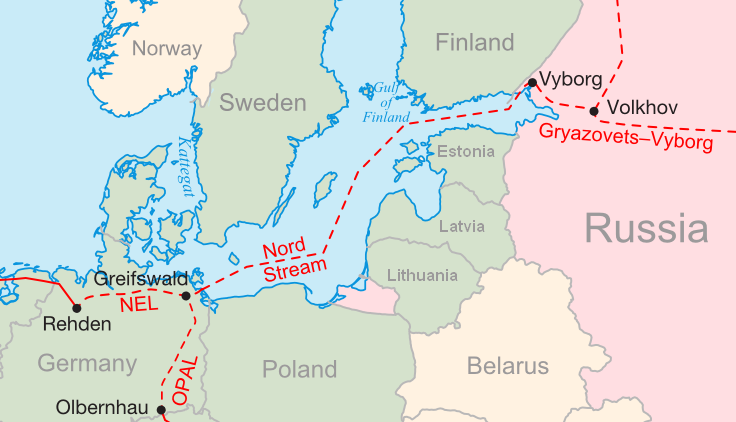
Nord Stream pipeline sabotage: rush to judgment
Ukraine is denying involvement in September’s attack on the Nord Stream pipelines following a New York Times report citing anonymous US officials to the effect that an unnamed “pro-Ukrainian group” was to blame. Russia’s online partisans are meanwhile hyping a piece by Seymour Hersh, similarly citing anonymous officials to the effect that the attack was a US covert operation. Rarely has there been a more blatant case of the cyber-commentariat deciding what to believe on the basis of political convenience. (Map: Wikipedia)



